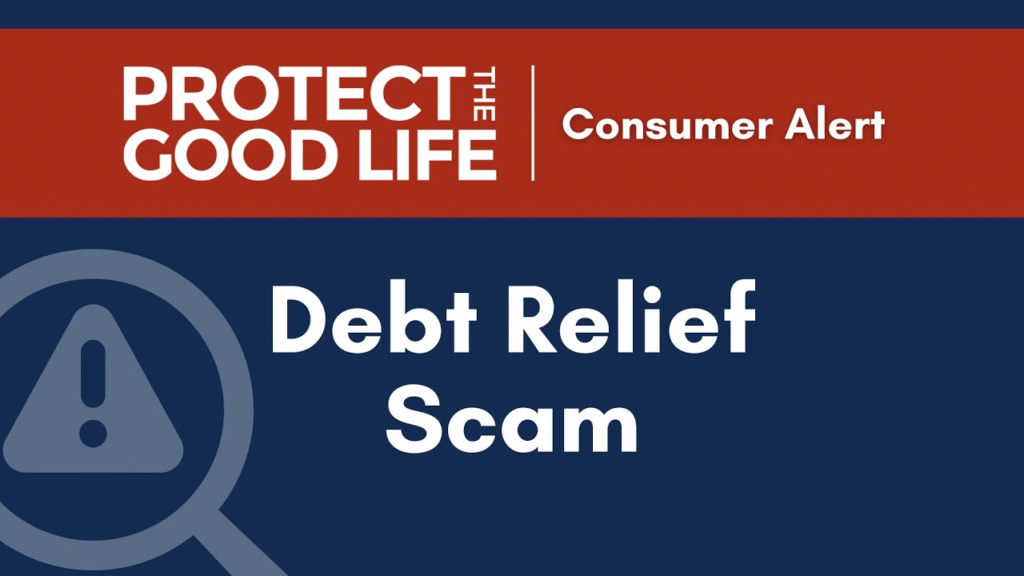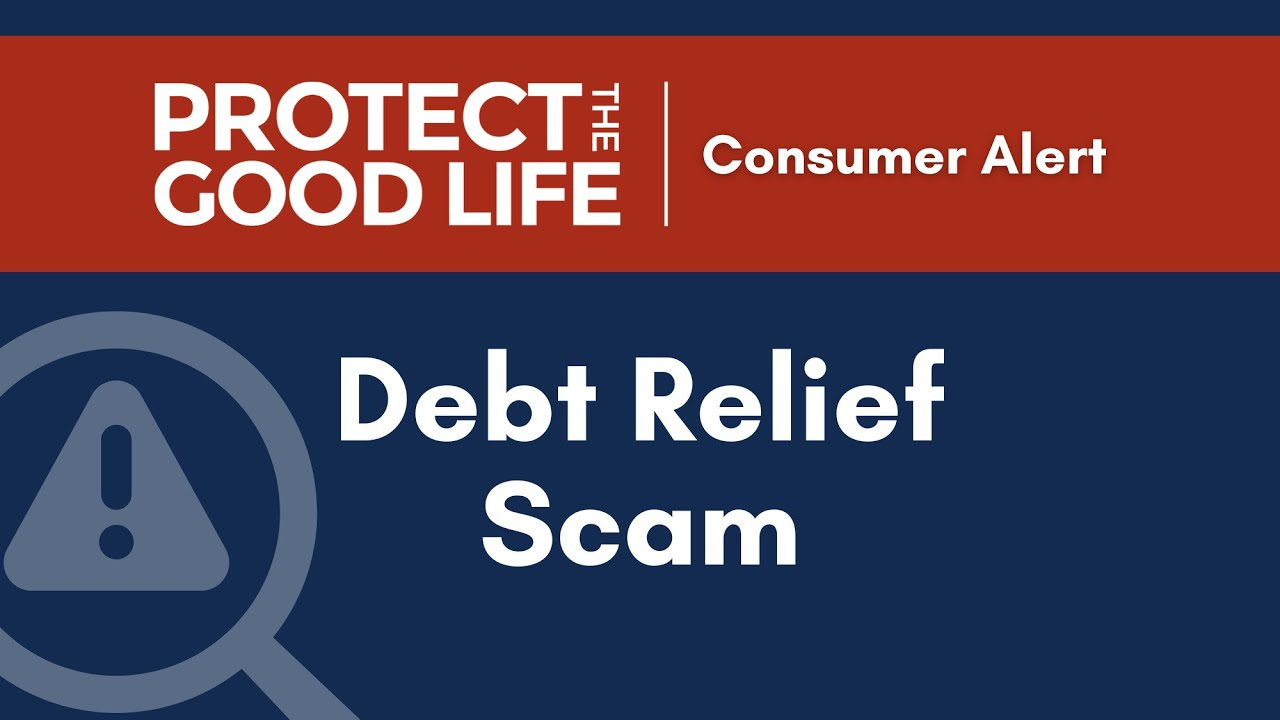
For individuals drowning in debt, debt settlement might seem like a lifesaver. Promises of slashing your balance by half and becoming debt-free in months can sound too good to resist. Unfortunately, scammers exploit this desperation—leaving consumers with empty wallets, shattered credit, and even more debt.
In this comprehensive guide, we’ll break down how to avoid debt settlement scams, spot the red flags, know your rights, and find legitimate help. If you’re considering this option, arm yourself with knowledge before making any commitment.
What Is Debt Settlement?
Debt settlement is a process where a company negotiates with your creditors to accept a reduced lump-sum payment to settle your debt. Instead of paying the full amount, you pay a percentage (typically 40–60%) of what you owe.
While debt settlement can work for some, it’s also a breeding ground for scams, especially from companies that make unrealistic promises and demand upfront fees without delivering results.
Why Are Debt Settlement Scams So Common?
Scammers prey on financially vulnerable people with persuasive pitches like:
- “We’ll wipe out your debt in 90 days!”
- “You’ll only pay pennies on the dollar!”
- “Guaranteed debt forgiveness!”
These tactics may seem legitimate on the surface, but they often lead to no resolution, rising debt, and ruined credit. The lack of regulation in some areas and the emotional state of indebted consumers make it easy for bad actors to thrive.
Red Flags of a Debt Settlement Scam
Identifying these early warning signs can save you from major financial harm:
| Scam Indicator | What It Means |
|---|---|
| Upfront Payment Required | Illegal under FTC rules—no company can charge fees before results |
| Guaranteed Settlement Claims | No company can promise creditor cooperation |
| No Written Contract or Details | Lack of paperwork signals a lack of accountability |
| Aggressive Sales Tactics | Pressure to “act now” is a classic scam move |
| Lack of Licensing or Accreditation | Legitimate companies are registered with states and industry groups |
| Advising to Stop Paying Creditors | Can damage your credit and lead to lawsuits |
How to Avoid Debt Settlement Scams
1. Work Only With Licensed and Accredited Firms
Look for providers registered with:
- Better Business Bureau (BBB)
- National Foundation for Credit Counseling (NFCC)
- Financial Counseling Association of America (FCAA)
Always check your state’s licensing requirements as well.
2. Never Pay Upfront Fees
Per the Federal Trade Commission (FTC), it’s illegal for any debt relief company to charge fees before they settle your debt.
If a company asks for advance payment—walk away immediately.
3. Insist on a Written Agreement
A legitimate firm will provide:
- A written contract
- Explanation of all fees and timelines
- Information on your rights and responsibilities
Never trust verbal promises. Get everything in writing before agreeing.
4. Research Company Reputation
Search online for:
- Complaints on BBB.org
- Reviews from independent consumer sites
- Legal action listed on Consumer Financial Protection Bureau (CFPB)
Trust your instincts—if something feels off, it probably is.
5. Avoid Companies That Advise Stopping Payments
Some scammers recommend you stop paying creditors and funnel payments to them instead. This can lead to collection lawsuits, late fees, and credit score drops—with no guaranteed settlement.
Overview Table: Safe vs. Scam Debt Settlement Companies
| Criteria | Legitimate Company | Scam Alert |
|---|---|---|
| Charges Fees | After debt is settled | Before any results are delivered |
| Licensing & Accreditation | Registered, NFCC/FCAA/Bureau listed | No visible license or accreditation |
| Claims | Offers realistic, case-by-case solutions | Guarantees settlement or % reduction |
| Communication Style | Clear, informative, patient | Pushy, urgent, evasive |
| Contract Transparency | Provides written documents and full terms | Avoids written commitments |
| Advises Payment Strategy | Encourages continued contact with creditors | Tells you to cut off contact |
Legal Protections You Should Know
The Telemarketing Sales Rule (TSR) by the FTC offers critical protections:
- No advance fees before performance
- Disclosure of terms: fees, timeline, consequences
- Results must occur before charging fees
- Must settle or reduce at least one debt before any charges apply
Additionally, under the Credit Repair Organizations Act, providers cannot make deceptive claims about your credit.
Safer Alternatives to Debt Settlement
If you’re wary of settlement—or it doesn’t fit your situation—consider:
- Debt Management Plans (DMPs) through non-profits
- Debt consolidation loans for qualified borrowers
- Credit counseling for budgeting and financial advice
- Bankruptcy, as a legal and final resolution
Always explore these options before resorting to third-party settlement companies.
What to Do If You’ve Been Scammed
If you suspect fraud, act quickly:
- Stop all payments to the company immediately.
- Report the scam to the FTC and Consumer Financial Protection Bureau (CFPB).
- Contact your bank to stop transfers or reverse charges.
- Seek legal advice if needed.
- File complaints with your state attorney general’s office.
Final Thought
While debt settlement may be a valid path for some, scams are rampant—and the cost of falling for one can be financially devastating. Take your time, do your research, and never trust promises that sound too good to be true.
3 Best One-Line FAQs
Q: Is it illegal for a debt settlement company to charge upfront fees?
A: Yes, the FTC bans all upfront fees before settling at least one debt.
Q: Can debt settlement ruin my credit?
A: It can lower your credit score, especially if you stop payments during negotiations.
Q: How do I check if a debt settlement company is legit?
A: Look for accreditation from NFCC or FCAA and check their reviews with the BBB and CFPB.

